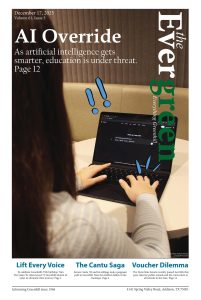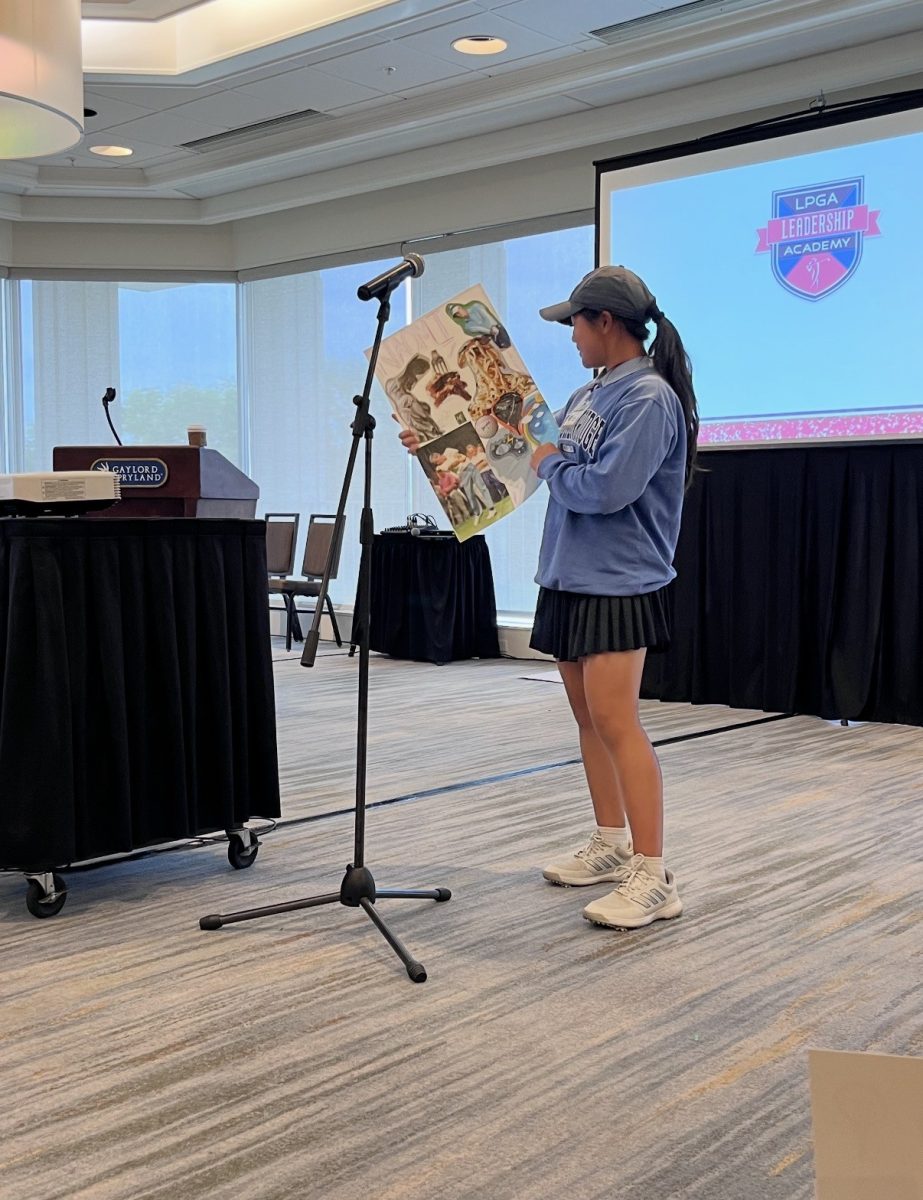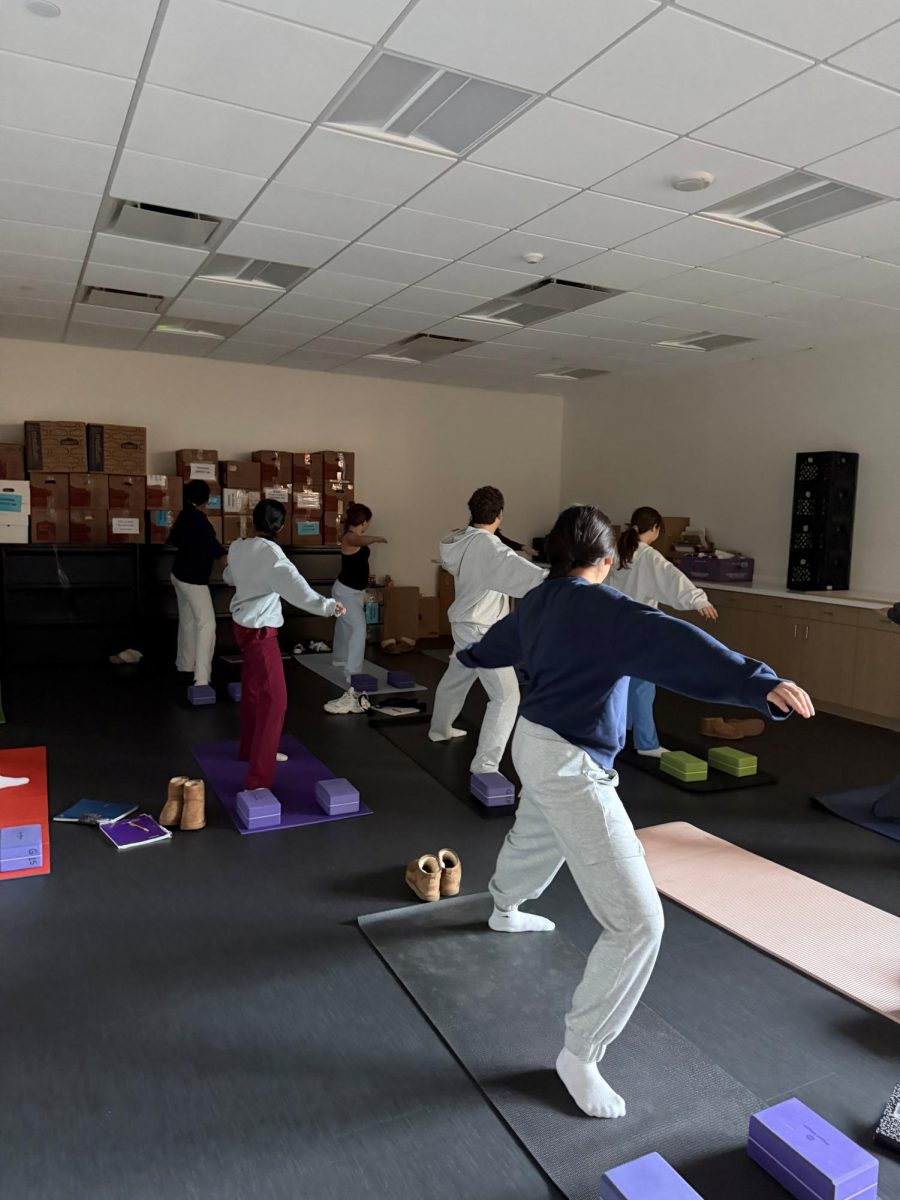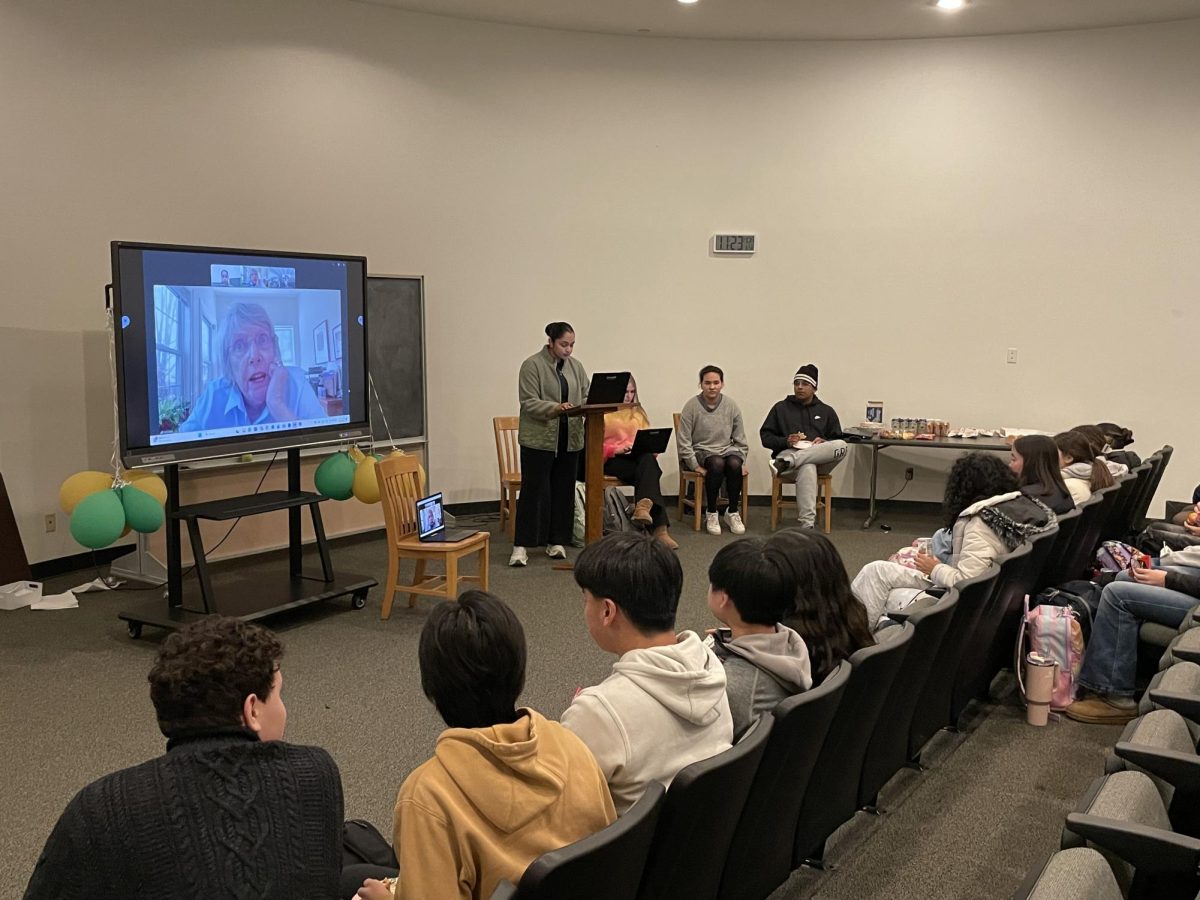Greenhill’s College Counseling Team Answers COVID-19 Questions
June 5, 2020
The Covid-19 pandemic has disrupted the college search process for students across America. The Evergreen submitted questions to Greenhill College Counselling co-directors Jenny Fisher, Randy Mills and Keith Todd concerning these changes. Here are their answers:
Evergreen: Has there been an overall change with the college admissions process and have you done anything to adapt to the changes?
College Counseling: Understandably, public health concerns and the resulting remote learning currently taking place in colleges and high schools have led to questions about the ways in which the college application process might be affected. The Greenhill college counseling office regularly communicates with juniors and their parents. We have communicated more frequently than normal this spring to keep families abreast of new developments in the wake of the pandemic. Our office also has initiated and/or promoted new online college programming, testing webinars, and virtual discussions with admission deans and directors. At the same time, so much is unknown about the immediate future that our office has been especially careful not to speculate or traffic in rumors. We regularly speak with admission leaders and college counselors nationally to keep our finger on the pulse of the college admission landscape. It would be irresponsible to predict how next year’s college process might be different – if at all – in terms of current juniors’ chances for admission. Indeed – and despite some reports in the media – our office is not hearing that colleges are experiencing a rush of deferral requests or that juniors will be competing for fewer spaces when they apply for admission next year.
Evergreen: Are the chances that a student is getting into a college going to change since everything is online?
College Counseling: Colleges will be compassionate about the ways in which school and extracurricular activities were forced to change during this stay-at-home order. Admission representatives understand that students couldn’t continue to participate in activities in the same ways they did earlier in the year, and they do not have expectations about the ways students are spending their time during physical and social distancing. Moreover, colleges understand that while COVID-19 is affecting students and communities around the world, not every student is experiencing the effects of the pandemic in the same way. The virus has resulted in a collective experience in many respects, yet depending on families’ circumstances, there will be perspectives and reflections that are individual.
Evergreen: What have Greenhill’s college counsellors recommended to students with summer plans/internships that might have been cancelled?
College Counseling: Juniors do not need to rush to find additional or new opportunities if their previous ones were cancelled for this summer. There are many ways to find enrichment that cost little to no money. Even then, there is nothing specific that students should be doing. Jim Bock, Dean of Admission at Swarthmore College, encouraged what he calls “the five R’s: rest, read, reflect, reassess, repeat.” The admissions dean at Ohio State University recommended that students read as much as possible, and the UCLA Director of Admission encouraged students to focus on self-care. Students should continue to be true to who they are, whether they use this time for stillness and contemplation, to help out those around them, try something new, reconnect with friends or family, learn a new skill, and/or engage more deeply in a part of their life they didn’t realize they had been missing. It has always been the case that colleges want students to be authentic, and that has not changed because of the pandemic.
Evergreen: What is the process normally like for juniors at this stage and how has this process changed?
College Counseling: In the spring of 11th grade, juniors normally are in the process of researching colleges and taking (or preparing to take) standardized tests. The pandemic caused many colleges to close to visitors, which in turn altered the plans many students had to tour college campuses. Admission offices quickly pivoted to creating more robust online resources, including virtual information sessions and tours, opportunities to talk to current students and/or faculty, online college fairs, and virtual chats with admission officers. In some ways, students can now visit more colleges than ever, as families are not limited by time or financial resources. Additionally, many students around the United States and the world never had the opportunity to visit college campuses before they applied; now, students from all socio-economic backgrounds have similar opportunities to research and “visit” a variety of colleges.
Evergreen: How are students going to take standardized tests?
College Counseling: With the cancellation of some spring testing dates, many juniors have had to postpone taking standardized tests, and because of the disruption of some testing opportunities, large numbers of colleges and universities have announced that they will move to being test-optional for admission applicants for the class entering college in fall 2021, in some cases even beyond that. While having more test-optional colleges does provide more options for rising seniors who will be applying in the next school year, our experience at Greenhill is that many students do well on standardized tests, and they can be a strongly positive part of those students’ applications. Our advice to students has been that (1) Be aware that more colleges are test-optional, but don’t simply assume that the SAT and ACT are non-factors and that students shouldn’t take them. If circumstances end up such that students can’t take a standardized test or get the re-take that they’d hoped for to raise their scores, our office will help students consider test-optional pathways. But with the testing agencies offering new testing formats and dates in reaction to the current situation, it is still possible that students could have the one, two, or in some cases three total sittings they had planned on—and those scores could help students in the admission process. (2) If students had planned on taking one of the canceled spring tests, we recommended that students register for the next SAT or ACT on the calendar. That way, they will have priority to be moved to the next date if theirs is canceled in the future.










